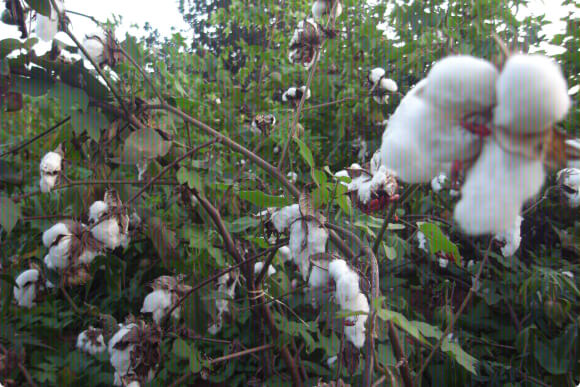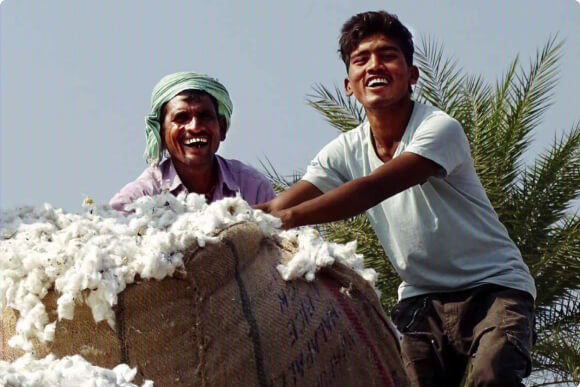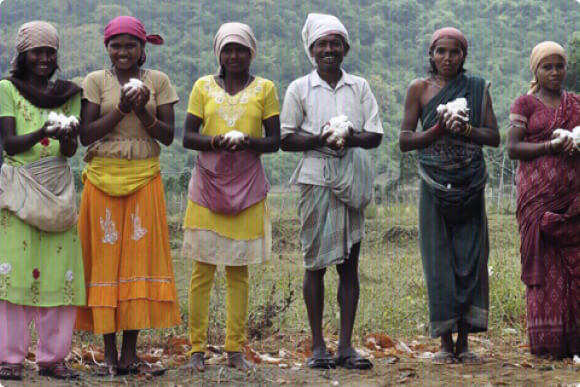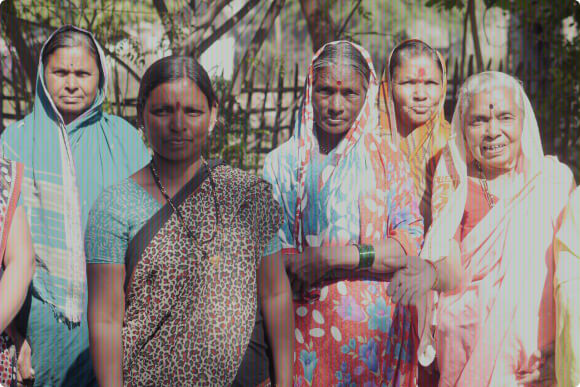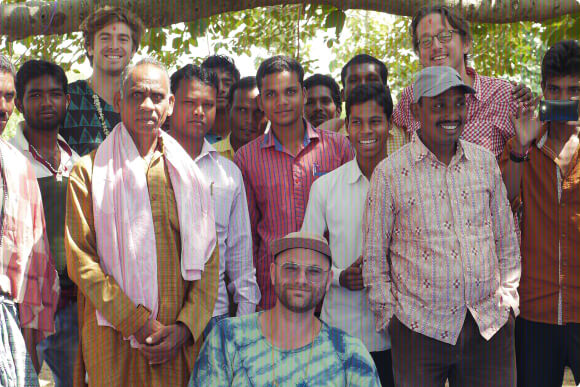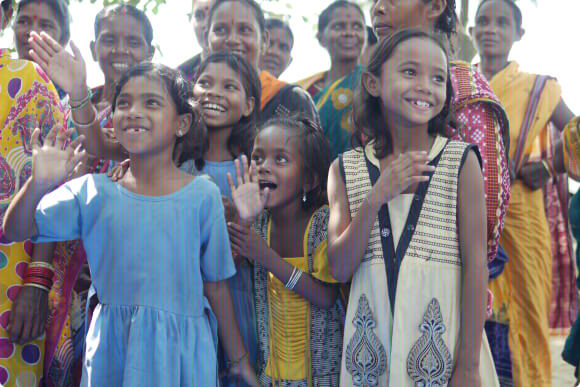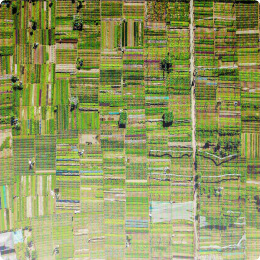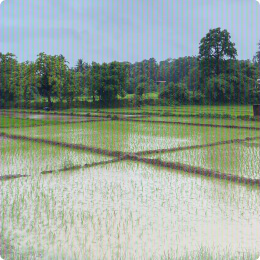Today, vast “monoculture” farms — those that just grow one crop over and over and over on hundreds or thousands of acres — are the norm for raising cotton. But their single-minded focus on productivity leaves them ecological dead zones, with soil that’s closer to dirt and biodiversity that’s nonexistent. Negative impacts are everywhere.
TALKING SUSTAINABILITY
In fashion, “sustainable” describes a clothes-making technique or tool with a neutral impact on the environment. It doesn’t contain or create any toxins, perhaps, its ingredients break down more easily, it uses less water—things like that. On a global scale, the United Nations has established 17 Sustainable Development Goals to offer worldwide standards for taking care of people and the planet as companies and communities grow.
A key global nonprofit that verifies companies’ sustainability claims, the Textile Exchange, notes that in 2020, 88% of clothing companies aligned their strategies with these UN goals. That’s a good sign that the industry is taking notice. But less than half of brands—just 45%—have actually turned this intention into verifiable action. The rest simply note that their strategies are aiming there. Loomstate is one of the clothing brands making change happen in real ways.
Working to be an antidote to monoculture farms, Loomstate applies the concept of sustainability to its entire process around making clothes. They don’t just ask “can we use less water” or “is our carbon footprint low for shipping,” but “does every aspect of everything we do put the planet first?” For them, sustainability means renewing or restoring everything that’s touched—a complete system focused on ensuring that all contributors meet the same high bar.

